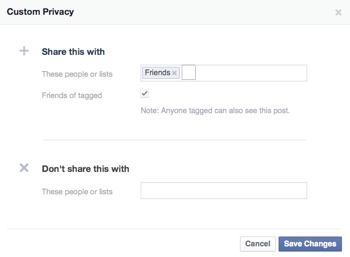Mindful Social Media
The longer I participate in Social Media, the more aware I become of the negative impact it has on my time, my energy, and my emotions.
I’ve begun to unfollow those whose posts are consistently religious or political, and the sports fans who post their assessment of every play in the game. Just eliminating those posts from my feed (but not from my “friends” list) made a difference.
Then I realized that to really live a mindful life, I had to change how and what I post on Facebook, Twitter, and LinkedIn.
I began by asking myself prior to each post, share, or comment: Would I call my mother, my best friends, and my family members on the phone to share this information?
If the answer is “NO” or even a “Probably Not,” why would I put it out on social media for the world to see? What value would it impart?
If the answer is “YES,” I was OK with posting it with some restraint, such as marking some posts only for family or close friends.
Still, there was something nagging at me.
If the play-by-play sports posts, the religio-political posts and the “my kid just had breakfast and my dog is so cute” posts make me want to cancel all my social media accounts, what sort of reactions are my own posts eliciting from those who follow me?
That’s when I became fully aware that mindful social media was more about how and what I choose to post for others to see than what I choose to see from them, so I dug deeper into the “share” box at the bottom right of the Facebook “what’s on your mind” box:

When I click on the down arrow and on the “more options” option, I come to the “custom” link, which allows me to be very targeted in who can or cannot see a specific post:

If I know certain people will want to see a specific post, add them to the “share this with” list. If I know some who won’t, I put them in the “don’t share this with” box. I can create a group of those I know will appreciate my posts about marketing a small business, my philosophy of life, or my latest book of poetry and fiction.
Yes, I know that asking you to do the same causes you to put in a bit more effort and to exercise some restraint. I also know this is somewhat contrary to the tell-all-to-all culture of social media.
But on the upside, it causes all of us to be mindful of what we share, and in that regard, considerate of the people we call “friends.” Perhaps we’ll even gain back a bit of the time, energy, or emotional satisfaction we’ve lost in endless, uninspired scrolling.
Mindful Social Media. Will you make it a practice today?
